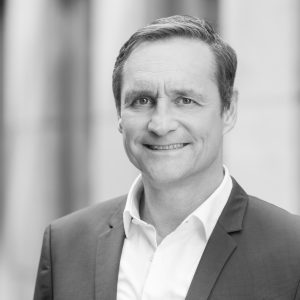eco Chair of the Board Oliver Süme: “Russian war of aggression must not lead to an attack on the free and open Internet”
- IT security and digital sovereignty more important than ever before
- Future-oriented digital policy cast from one mould needs a consistent digital strategy and clear goals
- Digitalisation and sustainability must be bound together
In reviewing the digital policy of the traffic light coalition after its first 100 days in office, eco Chair of the Board Oliver Süme has the following to say:
“The first months of the traffic light government were strongly shaped by responsibility questions and the negotiation of departmental allocations, particularly in the field of digital policy. The German federal government must now finally define and implement relevant projects and plans and quickly present a consistent, cross-departmental digital strategy that defines clear and, above all, measurable goals.
Crises such as the ongoing Covid-19 pandemic and the threat of climate change, as well as the humanitarian and geopolitical crisis triggered by Russia’s war of aggression on Ukraine, highlight just how important digital technologies and services are in solving global challenges.
We can only overcome these challenges if we approach digitalisation as a strategic tool in all fields. The German federal government must therefore make digital transformation a clear priority of its policies.
A clear focus should be on strengthening general IT security, on dealing with disinformation campaigns under the rule of law, and on approaches to digital sovereignty. First and foremost, this requires well-developed gigabit networks and reliable digital infrastructures as well as high-performance and secure data centres as the foundation for secure data traffic. But a strategically oriented multistakeholder dialogue is also a lasting instrument with a political dimension at the neuralgic points of Internet freedom.
The Russian war of aggression is not least an attack on the free, open Internet. It is with deep concern that we see the emerging and growing tendencies and attempts that could lead to a segmentation and fragmentation of the Internet. Free access to the Internet and information are of fundamental importance, especially in countries with repressive regimes that want to restrict and control access to information. I expect the German federal government to take these developments very seriously and to incorporate them into its assessment of future Internet regulation – including in the context of further sanction policies against Russia.”



